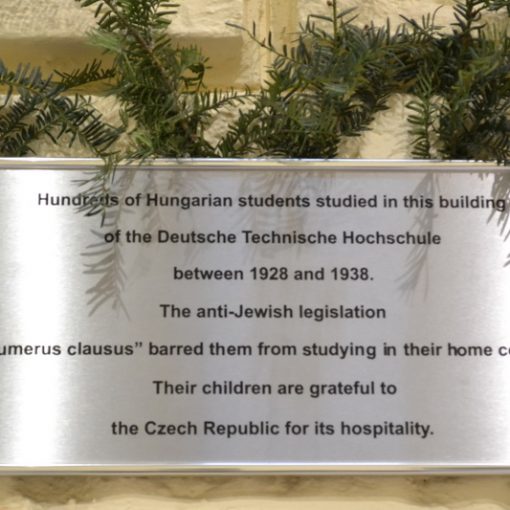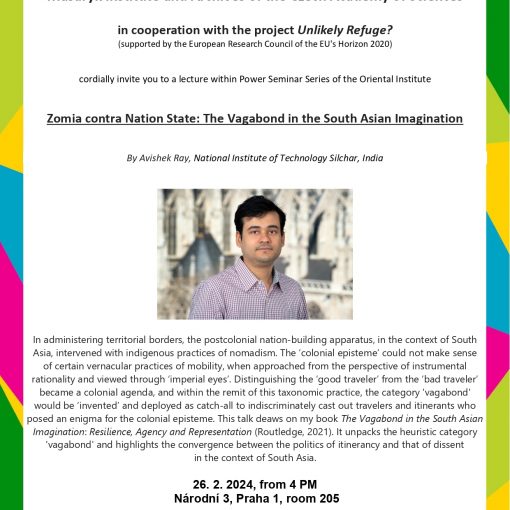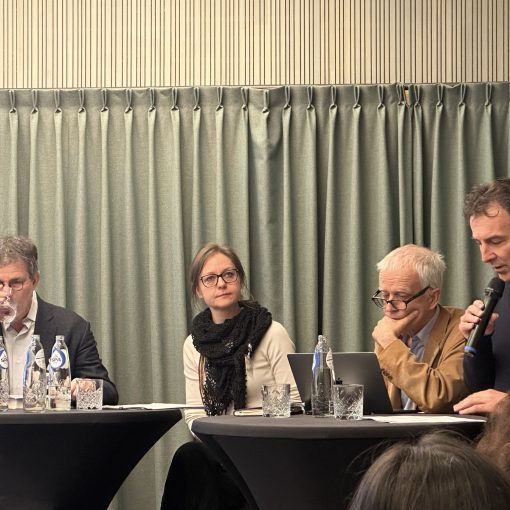Press release of the Czech Academy of Sciences, published on November 29, 2018
The historian of the Masaryk Institute and Archive of the CAS Michal Frankl (1974) has received funding from the ERC (European Research Council), one of the most prestigious scientific grants in the world,of in the amount of almost two million Euros. He was successful with the international commission with his project called Unlikely refuge? Refugees and citizens in East-Central Europe in the 20th century.
A place to leave?
Over the next 5 years, Frankl will lead an international team of historians comparing the way in which refugees were defined and discussed, categorised and received in Poland, Czechoslovakia, Austria, Hungary and Yugoslavia (and their successor states). The results of the grant will be a book publication and a series of studies, but also workshops, conferences and the proceedings created from them.

“The project aims to write refugees back into the history of East-Central Europe in the 20th century,” writes Frankl in his ERC application, which he prepared for two years. According to the historian we mostly perceived East-Central Europe of the 20th century as place to leave rather than a refuge. Moreover, the individual groups of refugees were seen by contemporaries and later historians mainly as isolated political and national exile groups.
In particular, Frankl is missing a discussion on what it means to provide asylum and how refugees influence society. “In the book Uncertain Refuge, together with the historian Kateřina Čapková, we examined the harsh approach of Czechoslovak authorities after the Anschluss of Austria, leading to the closure of the borders to Jewish refugees. We expected that it would evoke a discussion on how a democracy should act in such situations, but nothing like that happened – in contrast with the debates on Swiss, British or American refugee policies during the Holocaust. As if we placed other demands on Czechoslovakia or the countries of the East. It was also for this reason that I started the preparation of the ERC project,” explains Michal Frankl.
Refugees between the West and the East
His comparative project spans the entire twentieth century: from World War I and the creation of nation states, through the end of the 1930s and the period of the Holocaust, to the era of the Cold War and the post-communist 1990s. It will allow comparative research on refugees over a long period of time and in a large region, which is marked, inter alia, by national conflicts and ethnic cleansing, war and occupation, as well as the period of state socialism. “One of the project’s innovations is the comparison of escape to the free West and asylum in the Communist Bloc, for instance for refugees from Greece,” adds Frankl.
See also ERC press release and highlighted projects.



